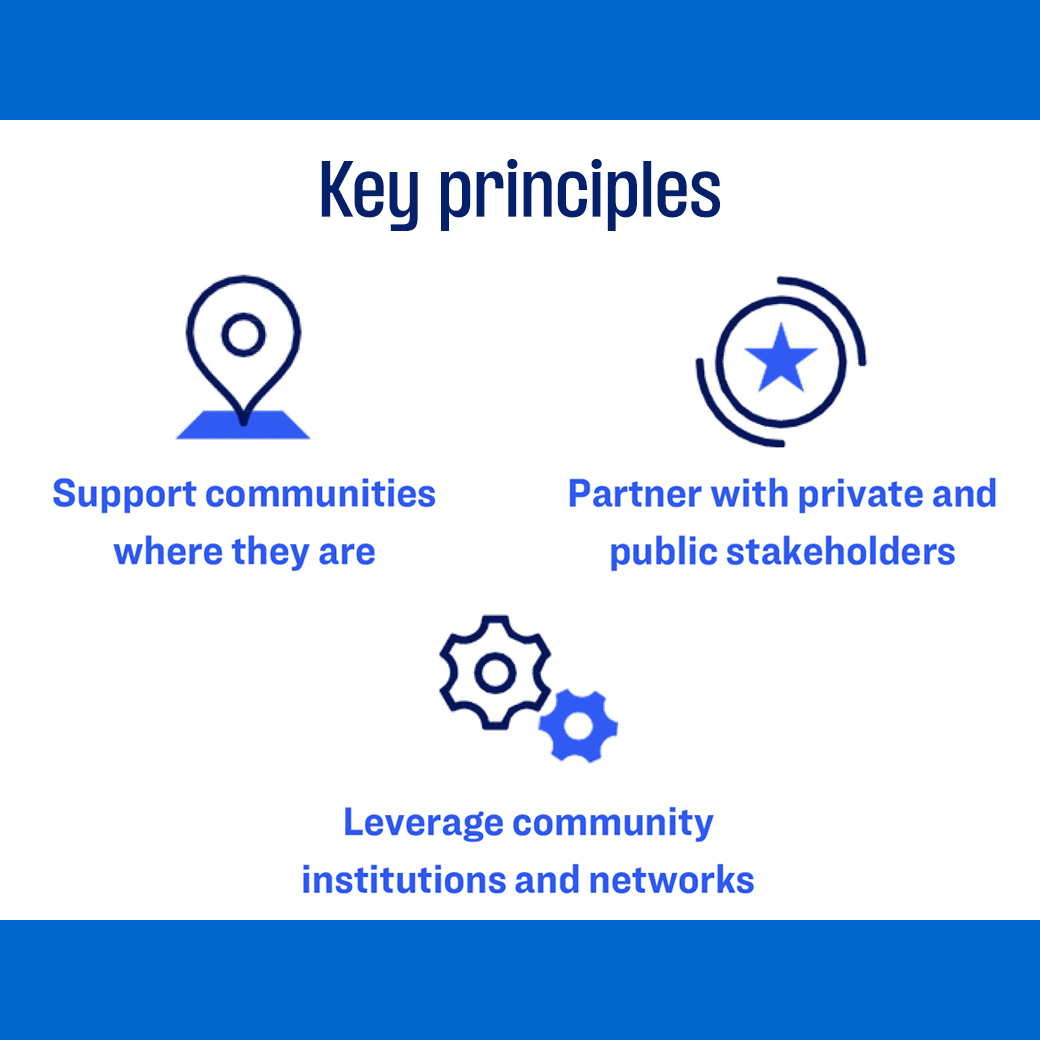Gaps in economic opportunity in the U.S. by racial demographic groups have shrunk by 27%; however, the gaps as measured by class have increased during the same period. This study reveals that economic opportunity can be shown to be largely determined by individuals’ social environments during childhood.
Summary
As the U.S. population ages, employers are uniquely positioned to support the financial wellbeing of the communities where they operate, not only by creating jobs and making investments, but also by using their networks and resources to address unique community needs. This paper explores how employers can promote lifelong financial wellness through community-focused engagement, with numerous examples of how companies and institutions have made a meaningful difference.
Key Insights
- People are significantly affected by their environment and may not be able to alter their individual circumstances without a shift in the larger circumstances of their community and society.
- Employers can impact community financial wellness by providing tailored education and resources. However, most employee benefits focus only on personal, rather than community, financial wellness.
- Through financial literacy programs, retirement planning workshops, partnerships with community organizations, community-related charitable activities, and workforce reskilling, employers can equip people for long-term financial stability.
- Supporting individual financial wellbeing has a positive effect upon the social determinants of health. But without direct action from the business and education sectors, widespread change is unlikely.



